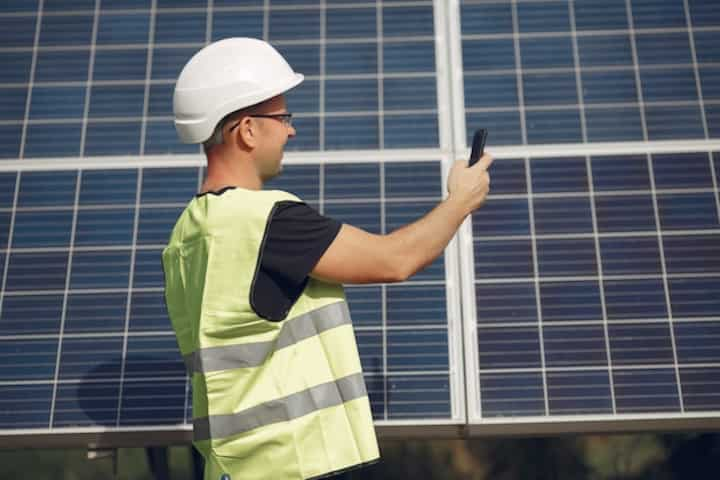
Expert Guide to Professional Solar Panel Installation
As the global demand for renewable energy surges, many homeowners are considering solar panel installation as a sustainable energy solution. Understanding the intricacies of professional solar panel installation can significantly impact the efficiency and longevity of your solar energy system. This article delves into the critical aspects of professional solar panel installation, offering valuable insights for anyone looking to transition to solar energy.
Understanding Solar Panel Installation
Solar panel installation is a complex process that requires a comprehensive understanding of various components and systems. It involves several stages, each crucial to ensuring the system's performance and safety.
Key Components of a Solar Energy System
- Solar Panels: The primary component that captures sunlight and converts it into electricity.
- Inverter: Converts the direct current (DC) produced by the panels into alternating current (AC) used by household appliances.
- Mounting System: Secures the panels to the roof or ground, ensuring stability and optimal angle for sunlight exposure.
- Battery Storage: Optional component that stores excess energy for use during non-sunny periods.
- Monitoring System: Tracks the performance and efficiency of the solar energy system.
Steps Involved in Professional Solar Panel Installation
The installation process involves several critical steps that require professional expertise to ensure safety and efficiency. Explore further insights here.
Site Assessment
Before installation, a thorough site assessment is conducted to evaluate the roof's condition, orientation, and shading factors. This helps determine the optimal location for solar panels.
Design and Planning
A customized design plan is developed based on the site assessment. This plan includes the layout of panels, electrical configurations, and any structural adjustments needed.
Obtaining Permits
Professional installers handle the necessary permits and approvals required by local authorities. This step ensures compliance with regional regulations and building codes.
Installation Process
The actual installation involves securely mounting the panels, setting up the inverter, and connecting the system to the electrical grid. Safety measures are paramount during this phase. Learn more in this detailed guide.
System Testing and Inspection
Once installed, the system undergoes rigorous testing to ensure all components function correctly. An inspection by local authorities or a certified professional may be required to certify the installation.
Benefits of Professional Installation
Opting for professional installation brings several advantages that enhance the overall effectiveness and reliability of the solar energy system.
- Expertise and Experience: Professional installers possess the technical knowledge necessary to handle complex installations, reducing the risk of errors.
- Safety: Installing solar panels involves working with electricity and heights, which can be hazardous. Professionals adhere to safety protocols to mitigate risks.
- Efficiency: A professionally installed system is more likely to operate at peak efficiency, maximizing energy production.
- Warranty Protection: Many manufacturers' warranties require professional installation to remain valid, protecting your investment.
For those interested in a sustainable energy solution, professional solar panel installation offers numerous advantages. Read more about this topic.
Considerations for Selecting a Professional Installer
Choosing the right installer is a crucial step in ensuring a successful solar panel installation. Here are some factors to consider:
- Credentials and Certifications: Verify that the installer has the necessary certifications and industry accreditations.
- Experience: Consider the installer's track record and experience with similar projects.
- Reputation: Look for reviews and testimonials from previous clients to gauge the installer's reliability and customer satisfaction.
- Warranty and Support: Ensure the installer offers a comprehensive warranty and post-installation support.
In conclusion, while solar panel installation presents a significant investment, the benefits of professional installation are unparalleled. Find additional information here.